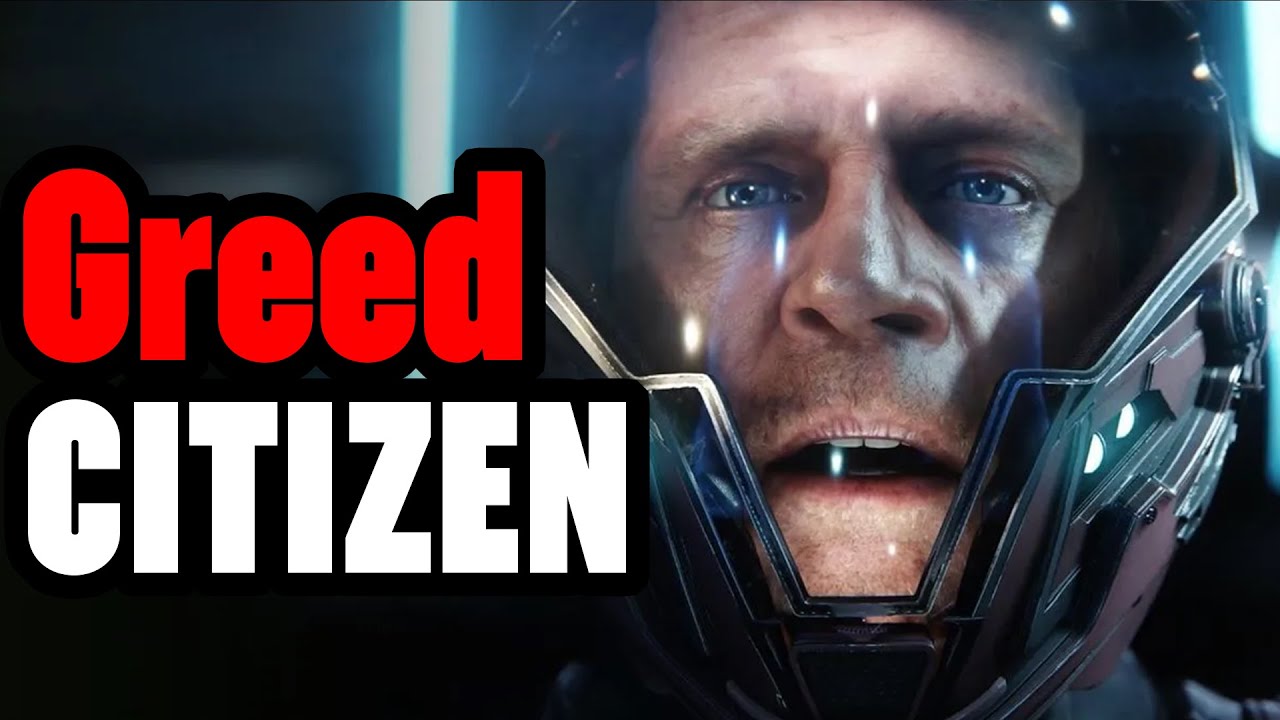The video criticizes Star Citizen’s increasingly predatory monetization practices, including releasing paid content without public testing and resembling crypto or NFT marketplaces, which erodes community trust. Despite widespread outrage, the game’s continued revenue growth suggests that player support inadvertently sustains these exploitative strategies, making meaningful change unlikely.
The video discusses the ongoing controversy surrounding Star Citizen, a game that has been in development for over a decade and has raised approximately $800 million from its community through various means such as subscriptions, microtransactions, and spaceship sales. The creator highlights how the community’s support has been unwavering despite the game’s long delays and questionable business practices, including selling unreleased ships and in-game components for real money. Recently, the situation escalated when the developers delayed the release of a new ship upgrade feature without including it on the public test server, instead pushing it directly to the live game and charging players for it, sparking widespread outrage.
The core issue revolves around the developers’ choice to release new content, like the ship upgrade feature, without testing it publicly beforehand. This move was perceived as a cash grab, especially since the feature was not available for in-game currency at launch but only through real-money transactions. The developer’s explanation was that they were focusing on rapid updates and bug fixes, but critics argue that this approach is part of a broader pattern of prioritizing monetization over transparency and fairness. The community’s support for the game seems to be conditioned on the promise that all content will eventually be accessible in-game, but the repeated practice of pay-to-win elements and early access sales has eroded trust.
The video emphasizes that the game’s business model increasingly resembles that of cryptocurrency or NFT projects, where players are encouraged to spend large sums of money for early access and exclusive items, which may later become available for in-game currency. The creator criticizes how Star Citizen has become a platform for microtransactions that resemble a predatory marketplace, with ships and components sold at exorbitant prices even before the game is fully released. This approach, combined with the game’s lengthy development cycle and unfulfilled promises, has led many to see the business practices as unreasonable and exploitative.
Despite the backlash, the developer’s response has been to continue supporting the idea that players can support development early through purchases, which will eventually translate into in-game availability. The creator points out that the game’s revenue continues to grow rapidly, with millions raised in short periods, indicating that players are still willing to spend despite the controversies. This creates a cycle where the community’s support inadvertently enables further monetization strategies, making it difficult to hold the developers accountable without risking the game’s financial stability, as the entire project relies heavily on ongoing player investment.
In conclusion, the video criticizes Star Citizen’s business practices as crossing a line into unreasonable and predatory territory. It highlights the disconnect between the game’s impressive trailers and development progress and the reality of its monetization model, which increasingly resembles that of a crypto or NFT marketplace. The creator urges viewers to critically examine the game’s store and business model, especially given that it remains unreleased and filled with pay-to-win elements. Ultimately, they argue that the community’s continued support perpetuates these practices, and meaningful change can only happen if players stop funding the game altogether, which is unlikely given the current support levels.
